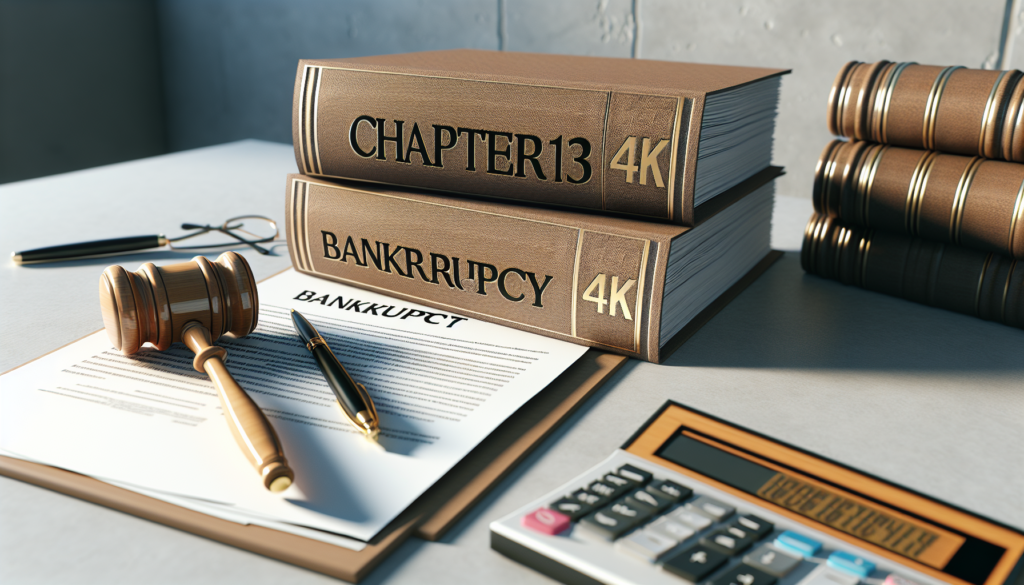
Eligibility for filing a Chapter 13 bankruptcy case is defined by several specific criteria set forth in the U.S. Bankruptcy Code. These criteria are designed to ensure that Chapter 13 is accessible to those with a regular income who can afford to make payments under a repayment plan but need the structure of bankruptcy to handle their debt. Here are the key eligibility requirements for filing a Chapter 13 bankruptcy:
1. Regular Income
Chapter 13 is often referred to as a “wage earner’s plan” because it requires the debtor to have a regular source of income. This income can come from employment, self-employment, seasonal work, social security benefits, pensions, rents, royalties, or other regular payments. The essential criterion is that the income is stable and sufficient to cover living expenses, with enough left over to make payments under a Chapter 13 repayment plan.
2. Debt Limits
As of my last update in April 2023, there are specific debt limits for filing under Chapter 13. These limits are periodically adjusted for inflation. To be eligible, your unsecured debts (such as credit card bills, medical expenses, and personal loans) must be less than $419,275, and your secured debts (like mortgages and car loans) must be less than $1,257,850. These figures are subject to change, so it’s important to check the current limits if you’re considering filing.
3. Tax Filings
To file for Chapter 13 bankruptcy, you must be up to date on your tax filings. You need to have filed your federal and state income tax returns for the four tax years prior to your bankruptcy filing date. If you haven’t filed these tax returns, you may need to do so before your bankruptcy case can proceed.
4. No Recent Bankruptcy Discharges
There are time restrictions on filing a Chapter 13 case if you have previously received a discharge in another bankruptcy case. Specifically, you cannot file for Chapter 13 if, within the past two years, you received a discharge under Chapter 13, or within the past four years, you received a discharge under Chapter 7, 11, or 12.
5. Completion of a Credit Counseling Course
Before you can file for Chapter 13 bankruptcy, you must complete a credit counseling course with an agency approved by the United States Trustee’s office. This requirement must be fulfilled within 180 days before filing. The course is designed to ensure you understand all of your options and the implications of bankruptcy.
6. No Prior Bankruptcy Dismissals
If a previous bankruptcy filing was dismissed in the last 180 days due to your willful failure to appear before the court or comply with court orders, or you voluntarily dismissed the previous case after creditors sought relief from the bankruptcy court to recover property upon which they hold liens, you are not eligible to file.
Meeting the eligibility requirements for Chapter 13 bankruptcy is the first step in the process of reorganizing your debts. If you’re considering Chapter 13, it’s advisable to consult with a bankruptcy attorney who can assess your financial situation, confirm your eligibility, and guide you through the filing process. An attorney can also provide valuable advice on how to navigate the complexities of bankruptcy law and maximize the benefits of your bankruptcy filing.

Get a Free Bankruptcy Case Evaluation